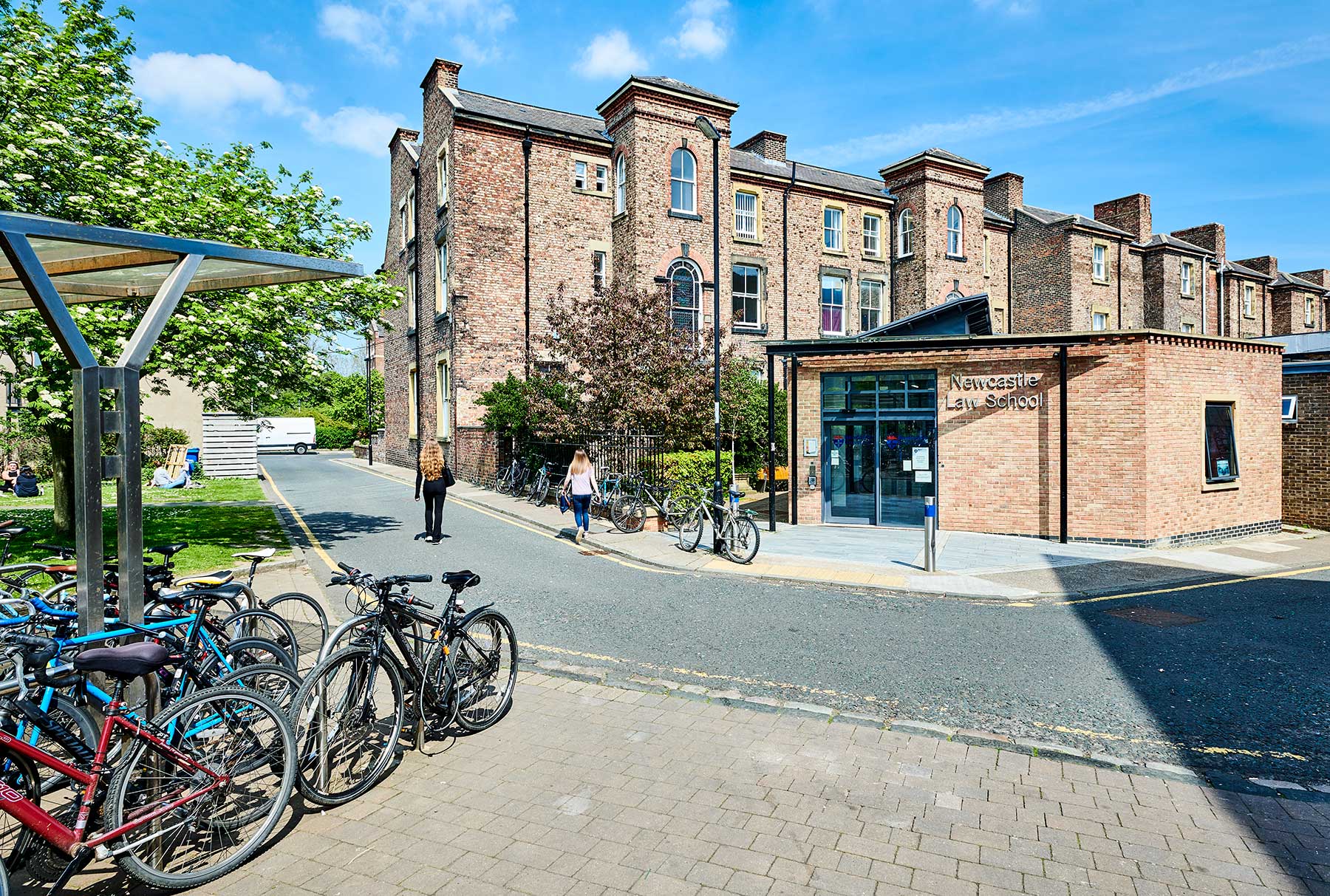Re-scaling land ownership
Abstract
Technological innovations in the Fourth Industrial Revolution are rapidly transforming the landscape of land ownership and housing transactions. As markets and systems, consumers and social movement activists navigate the new opportunities of ‘platform real estate’ (or ‘PropTech’), land laws, policies and practices—and the theories we build to make sense of these—require ‘re-scaling'. In this article we set out the theoretical framework for this re-scaling project, drawing on our earlier work to develop Resilient Property Theory (RPT). RPT offers a new theoretical and methodology approach for analyzing the complex, large-scale property questions that are re-defining legal, political, economic, social, environmental and technological conceptions of land ownership in the rapidly changing world of the ‘network society’ and the ‘network state.’
The ‘network society’ is characterised by ongoing processes of production and reproduction, as systems, nodes and networks regenerate themselves in larger, faster, and more complex systems; recombine with new technologies; and re-configure their distributional reach. In these ‘de-materialised’ digital networks, blockchain and distributed ledger technologies are re-scaling land ownership transactions: from person-to-person ‘on-the-ground' transactions to data-driven land transfer and registration businesses. Through these processes, new systems of land ownership data are produced, integrated and applied to re-scale land ownership and housing systems.
As new nodes of networked power are accrued, and land law systems adapt to new pressures and demands, new types of power relationships have emerged in respect of land ownership, citizen/consumers, global finance, real estate and housing markets and the state. In the network society, decision-making is structured through a constant source of feedback and coordination of data. Processes of informationalization enabled by network technologies have enabled official (state), insider (global capital markets) and outsider (social movement activists) networks to leverage their ability to coordinate information within the network to gain advantage over others.
This paper uses techniques developed in RPT to examine the re-scaling of land ownership through digital network technologies. As land ownership is re-positioned, from the national-level state to a bi-focal view of supranational interests (such as the global capital market) and local pressures (such as homelessness, housing affordability, and sustainable development), we consider the implications for the public sovereignty of the state, the private sovereignty of land ownership and resistance to both of these through housing hackivist movements.
Prof Marc Lane Roark
Prof. Marc Lane Roark is the Louisiana Outside Counsel of Health and Ethics Endowed Professor of Law at the Southern University Law Center, in Baton Rouge, Louisiana, U.S. He is also a Senior Fellow with the Native American Law and Policy Institute, a think-tank dedicated to policies relating to Native American tribes in the U.S. and first nations in Canada. A member of the Choctaw Nation of Oklahoma, Professor Roark has worked with tribes and tribal organizations thinking about commercial law problems and their intersection with tribal sovereignty. This year, Professor Roark is visiting at Emory University as a Research Fellow in the Vulnerability and Human Condition initiative.
Professor Roark also holds an affiliated appointment at the University of Pretoria as a Research Associate Professor. He is also a member of the EVICT research network, a collaborative group of worldwide scholars researching and collaborating on affordable housing issues. Professor Roark serves on the Advisory Panel for the UNESCO Housing Chair at the Universitat Rovira I Virilli, in Tarragona Spain; and is a founding member of the Resilient Property Research Network with members across Europe, the U.K., the U.S. and Africa. During the 2022-2023 academic year, Professor Roark will be working with Emory University’s Vulnerability Initiative as a Research fellow, the University of Adelaide as a visiting researcher in residence, and National University of Ireland-Galway as a Visiting Researcher in Residence.
Professor Roark’s research primarily considers how narratives and norms are scaled in Property conflicts around housing. Together with Lorna Fox O’Mahony (University of Essex) he is the author of Squatting and the State: Resilient Property Theory in an Age of Crisis. His primary areas of work are in the study of housing and homelessness through the lens of property norms. Professor Roark has published 26 articles in U.S. and international law journals, including: Homelessness at the Cathedral (2015) 80 Missouri L. Rev. 53; Human Impact Statements (2015) 54 Washburn L. J. 649; Under-propertied Persons, 26 Cornell Journal of Law and Public Policy 1 (2017); and Scaling Commercial Law in Indian Country, 8 Texas A&M L. Rev. 89 (2020). In Scaling Commercial law in Indian Country, Roark describes how resources, tribal structures, and uniform legal processes influence adoption of secured finance legislation on Indian tribes. His work was the basis of the first economic impact study of secured transactions laws on Indian tribes (See Dippel, Frye, Feir, and Roark, Secured Transactions Laws and Economic Development on American Indian Reservations, 111 AEA Papers and Proceedings 1 (2021). He is currently working on several projects focused on resilience gaps and resilient property theory applied across numerous areas including housing, ruralism, Indian law, and commercial law.
